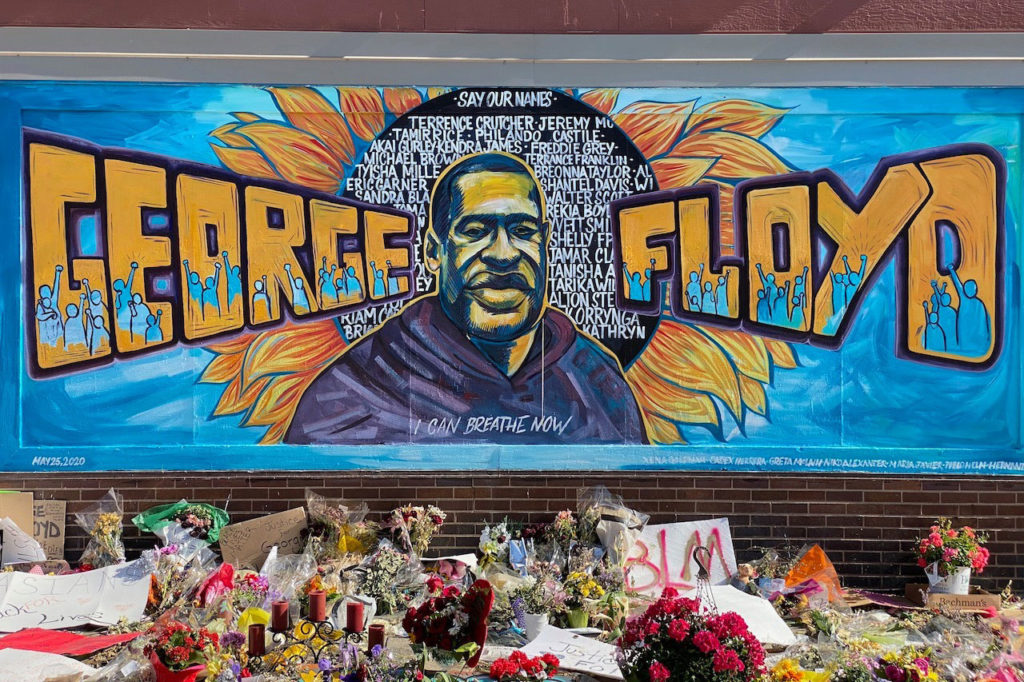The Twin Cities raised me. This community provided me opportunity, loved me, and I love it back.
It has been over a week since George Floyd was killed at the knee of an MPD officer; over a week of unimaginable grief for those close to him, for our community, and for our country. He is remembered by friends and family as a man with a quiet personality and a beautiful spirit. Someone who found joy in making people smile and helping anyone in need. George moved to Minnesota to start a new life. He was a father, a friend, and a beloved member of his community in Minneapolis — a community he should still be sharing his life with today.
But George’s death has laid bare the institutional and systemic racism that permeates our state and country. Black communities are hurting this week, just as they’ve been hurting for generations. They’re hurting because the killing of George Floyd was not an isolated incident; our communities of color have been suffering from racial injustice since the very founding of our nation. And while the outpouring of support and the contributions of money and food to relief efforts are inspiring, it’s going to take a lot more than that to mend centuries of disenfranchisement, injustice, brutality, and inequity that took George Floyd and countless others – most of whose names and stories we will never know.
Those of us who don’t have to worry about losing a loved one to racial injustice must recognize our privilege, and the responsibility to affect change that comes with it. Doing so will require uncomfortable conversations with our families, friends, and neighbors that cannot cease when the peaceful protests do. It will require open hearts and open minds as we listen to the stories of loss and suffering that have burdened our Black communities. It will demand facing the truth that if we remain indifferent — if we do not act — then we are complicit.
We can start by educating ourselves and those around us. We must have a firm grasp on the history of institutional racism in our country. We must have honest conversations with our children about race and racial injustice. We must begin supporting Black owned businesses and invest in lifting the economic station of Black communities. Finally, we must realize that these conversations on race and justice must continue far beyond the protests.
My friends, we cannot let George Floyd’s death be in vain. We have looked the other direction for far too long. And today we face the opportunity to begin acknowledging the injustice and fighting the wrongs that have plagued our country for generations. This is our legacy making moment — and I ask that you join me.
—Dean

